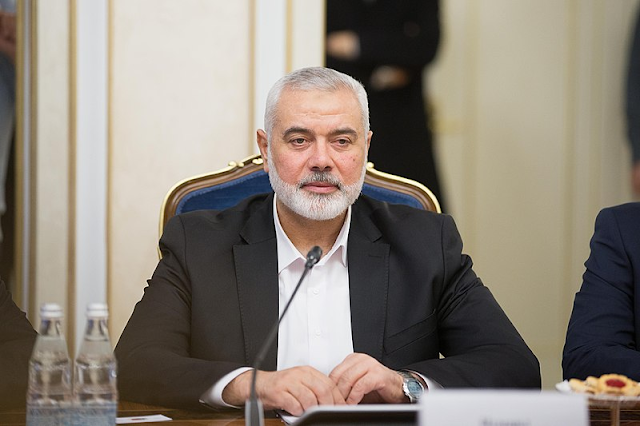Benjamin Netanyahu
(credit: U.S. State Department, via Wikimedia Commons)
Small Town B.C. Characters: Hugh
When I was 14, for two weeks, I visited my aunt who was a nurse in a small, northern British Columbia town. She was a great nurse and she loved me. She never had kids of her own. And I did have fun with some of the neighbor kids.
But
the thing I recall most vividly was visiting one of her friends in an even smaller town nearby. About 1963. My aunt talked
almost the whole time with her friend. I talked to the woman’s husband who at
that time would have been around 45. A truck driver on a local route. Not a
long haul driver. Didn’t want to be. Trucking in the mountains in B.C. can
be a scary business. What made him interesting to me, however, was when I got
him talking about WWII. He’d been and had fought. Over two years. In Italy.
He'd
had a few beers, and he had three more while we were there, and he knew he would
very likely never see this yappy kid from Alberta again. He loosened up a bit. Or at
least that’s what I recall now from that night.
I
was – you could say – a nosy kid. I was curious to know how this war
that had been so terrible ever got under way. And what did the guys
who fought in it think afterward. To be clear, I hated and feared the whole
idea of killing another young guy even then. The Vietnam madness had not
started to wind up at that point, and even when it did, how many thousand
Canadian young men went down to the U.S. to join the American forces is still unclear. (I did know two in later years. But this night was well before the Vietnam time.)
He
talked about a few funny incidents in 1943, and he kept opening up a bit more
and a bit more right up till we had to leave, at about 11. Near the end of our
conversation, I let too much show, I guess. I told him I still didn’t really
understand how the WWII madness had got started and most of all, why it had
turned so ugly. The memories that he shared with this nosy kid had gotten more
and more brutal as the night wore on, though he never actually described the
things that he had done with his own hands. I’ve talked in depth to maybe 20 veterans
who saw and did real combat over the years; they don’t tell the whole
story. They don’t want to see the look in your eyes change. But with 6 or so beers in
him, and a kid he had no stake in before him, Hughie got careless.
It's
enough for me to say at this point that I realized a scary thing in the last 10 minutes
before we left. I still think he was, and still would be, part of a 10% minority, but the truth began to show through.
“Of
all the experiences a man can go through in a lifetime, none of them comes even
close to being in combat. Every minute is a week when you are out there in the
zone and you are trying to kill someone who is trying to kill you. It is such a
feeling, such a high. Even the pleasures of your down time are almost as intense
because you know, tomorrow you could be dead.”
You
see he liked it. Even at 45, he would have gone again if the chance
had come up again. Every experience since had been a stupid bore.
I’m
paraphrasing his words, but they were pretty close to what I quoted above.
Robert
Mitchum says much the same thing in his role as an American general in the mega-production “The Longest Day”. Actually, he says he thinks almost
all men who go into combat have some of this madness in them. In fact, he says,
until we face what we really are, we aren’t going to even start to solve this
madness.
And
I admit during the Vietnam days, I almost drove down to Montana and signed up for the U.S. Army. I had bought the Domino Theory. Ah, it was 1969 and I was still a teenager.
What
does all of this have to do with my post today? You tell me.
What
do these two men have in common?
Ismail Haniyeh
(credit: https://commons.wikimedia.org/wiki/File:03-03-2020_Ismail_Haniyeh.jpg )


No comments:
Post a Comment
What are your thoughts now? Comment and I will reply. I promise.